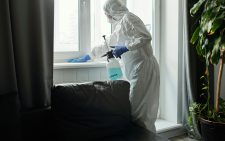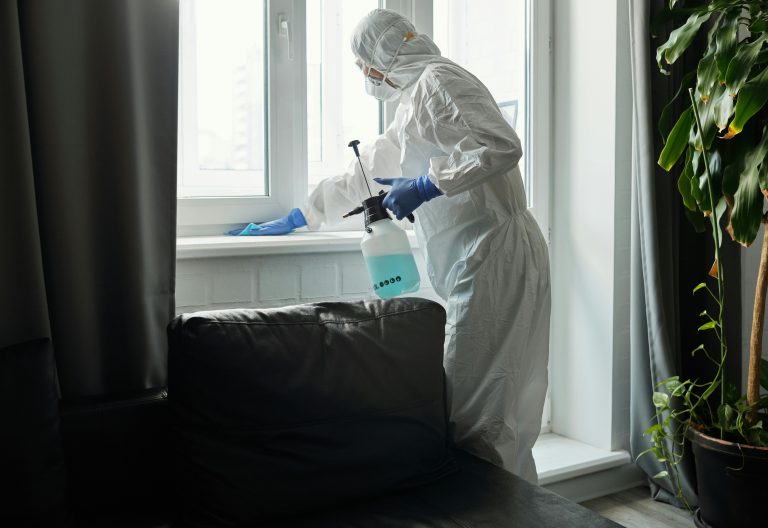NGO offers Commercial sex workers fresh breath

Mary Kahindi who has been working as a sex worker for the last 13 years says the Covid-19 pandemic has been a blessing in disguise as it has given her a chance to start afresh.
When the pandemic first hit the country, Kahindi was worried the lockdown and resultant curfew would leave her with no job as she would not be able to prowl the streets at night to look for clients.
“At first in March when the first Covid-19 case was reported, I was worried and felt like my efforts to remain in the risky trade had gone into waste.
However, I took time to reflect on my journey as a sex worker and deep inside me I felt it was a blessing in disguise and I decided to hang my boots and focus on rebuilding my life and that of my two children,” she said.
With her little savings, she started a soap making business and started hawking her products in Tudor in Mombasa.
She further reached to her, ‘loyal clients’ whom she informed she was now ready to quit prostitution and focus her energies on something else.
“The response from a few of my clients, whom I had served for years was overwhelming.
They were indeed for the idea that I should quit sex work and they supported me by sending me money to supplement what l had already began.
This way I was able to start a charcoal selling within Tudor,” said Kahindi.
Her story is not different from that of Angel Akinyi, 27, who has been a sex worker in Mombasa for the last six years after she lost her job in the hotel industry.
With no source of income, her friend advised her to join the oldest profession–prostitution– to make ends meet.
“For years, I wanted to stop and each time I wished I could find something else to do.
When Covid-19 struck I took it upon myself to rebuild my life and do what I have always wanted to do,” she said.
She got funding from the Kenya Sex Workers Alliance (KESWA) under the Coast Hostess Empowering Community (CHEC) programme to start making masks.
“Coronavirus acted as an eye-opener to me I had to do something else with my life.
With no one to ran to, I approached the alliance which gave me a small capital to buy materials and a sewing machine and I am now making masks,”says Akinyi.
Keswa director, Anne Nyambura says that the pandemic has exposed inequalities and disproportionately affected sex workers who have in the past been criminalised and marginalised.
In a bid to protect their members, they began sourcing for funds in March to enable them to earn a livelihood.
“The government has forgotten us. No one thinks of a sex worker who has lost their job.
We are finding ourselves unprotected increasingly vulnerable and unable to provide for our families,” says Nyambura.
She further says that the government’s lockdown measures to limit the spread of the virus – a dusk-to-dawn curfew and shutting of bars and nightclubs– have plunged one of Kenya’s most vulnerable and marginalised groups into destitution.










